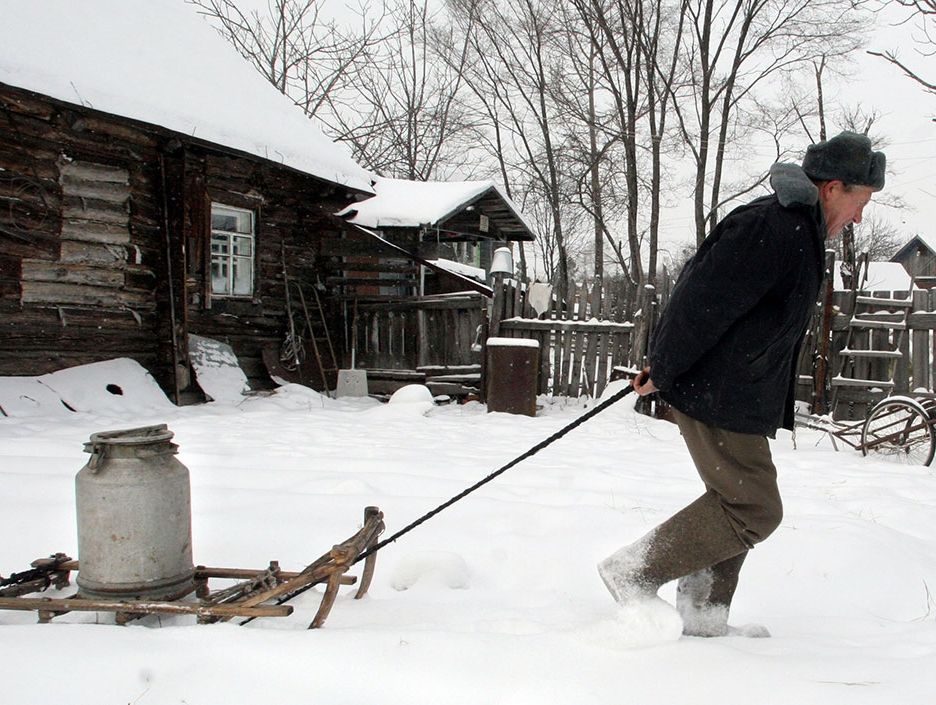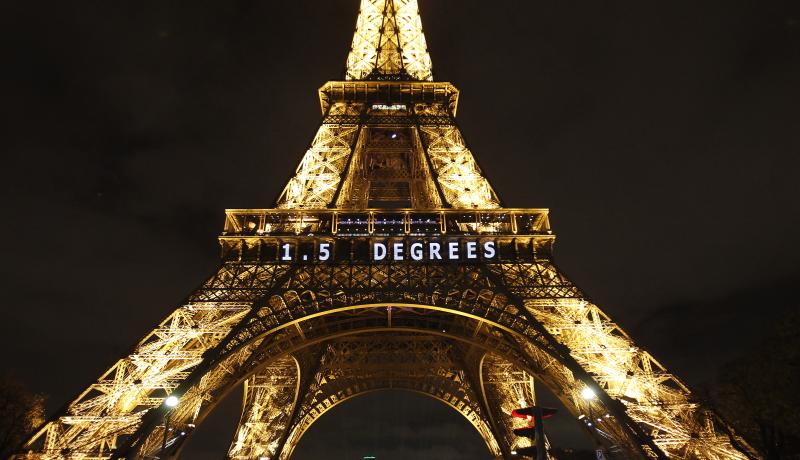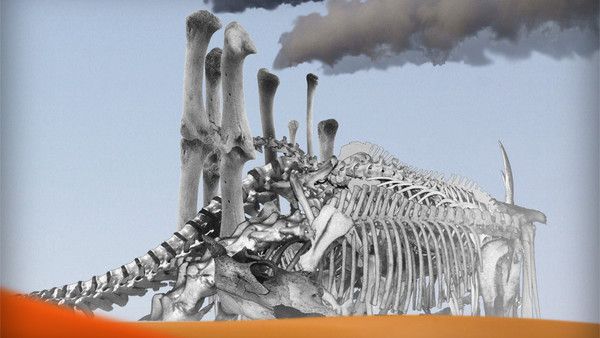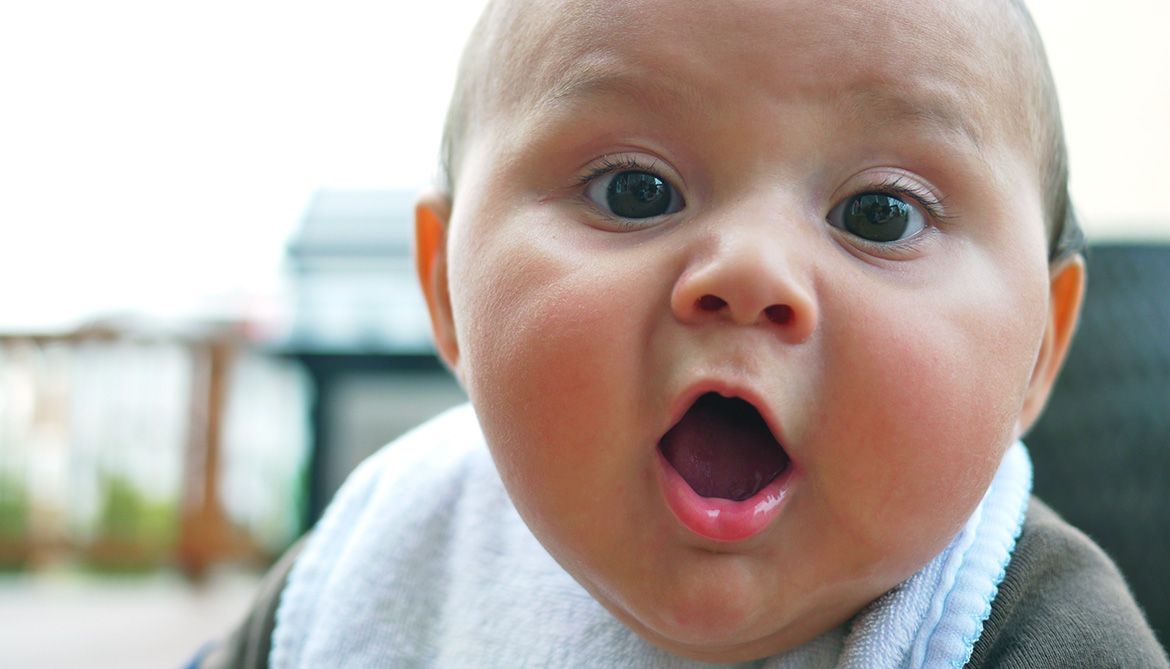What would you say if I told you that aging happens not because of accumulation of stresses, but rather because of the intrinsic properties of the gene network of the organism? I’m guessing you’d be like: :o.
So, here’s the deal. My biohacker friends led by Peter Fedichev and Sergey Filonov in collaboration with my old friend and the longevity record holder Robert Shmookler Reis published a very cool paper. They proposed a way to quantitatively describe the two types of aging – negligible senescence and normal aging. We all know that some animals just don’t care about time passing by. Their mortality doesn’t increase with age. Such negligibly senescent species include the notorious naked mole rat and a bunch of other critters like certain turtles and clams to name a few. So the paper explains what it is exactly that makes these animals age so slowly – it’s the stability of their gene networks.
What does network stability mean then? Well, it’s actually pretty straightforward – if the DNA repair mechanisms are very efficient and the connectivity of the network is low enough, then this network is stable. So, normally aging species, such as ourselves, have unstable networks. This is a major bummer by all means. But! There is a way to overcome this problem, according to the proposed math model.
The model very generally describes what happens with a gene network over time – the majority of the genes are actually working perfectly, but a small number doesn’t. There are repair mechanisms that take care of that. Also, there are mechanisms that take care of defected proteins like heat shock proteins, etc. Put together all of this in an equasion and solve it, and bam! here’s an equasion that gives you the Gompertz law for all species that have normal aging, and a time independent constant for the negligibly senescent ones.
What’s the difference between those two aging regimes? The model suggests it’s the right combination of DNA repair efficiency and the combined efficiency of proteolysis and heat shock response systems, mediating degradation and refolding of misfolded proteins. So, it’s not the accumulation of damages that is responsible for aging, but rather the properties of the gene network itself. The good news is that even we are playing with a terrible hand at first, there is a chance we can still win by changing the features of our network and making it stable. For example, by optimizing misfolded protein response or DNA repair.
Read more









